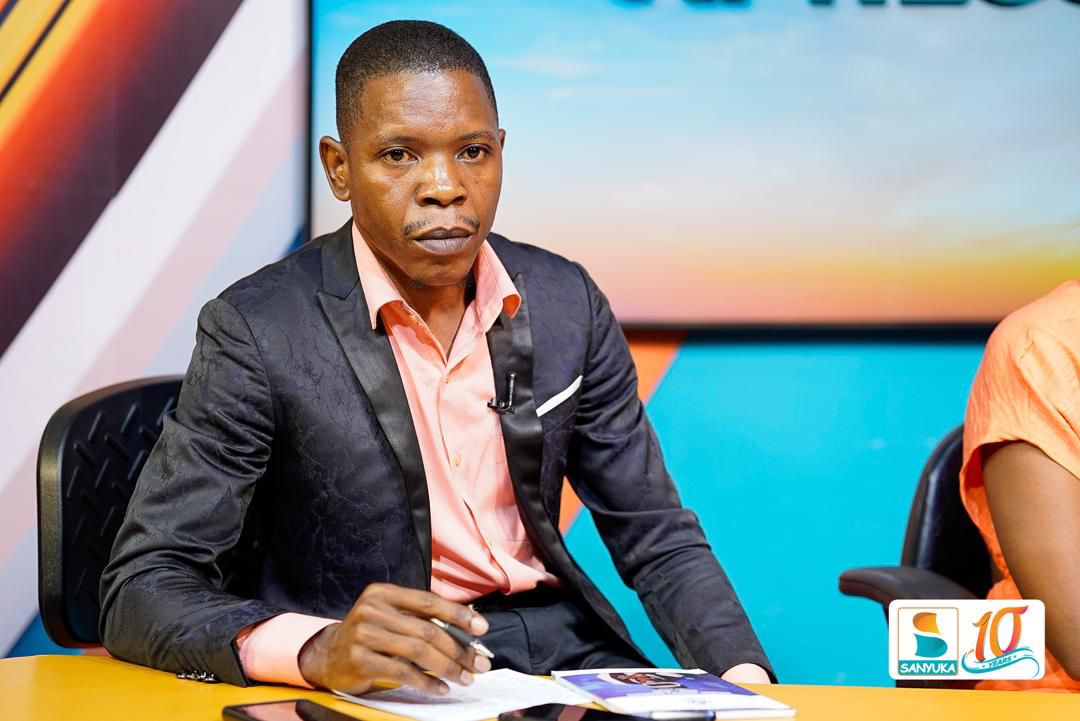Inside the NUP Vetting Process: What You Should Know

On Sanyuka Morning Xpress, we hosted Rovans Alex Lwanyaga, a member of the NUP Elections Committee and Assistant to the General Secretary. He gave us a clear picture of how the party is handling the vetting process for its upcoming flag bearers.
If you’ve been wondering how people are chosen to represent the party in different areas, this will help you understand.
So far, the vetting team has already worked on LC5 and LC3 councillors for Lubaga North and Lubaga South. Today, they are focusing on Makindye, and after that, they will move on to Kampala and Wakiso, though the vetting will be done at the NUP headquarters.
Each person being vetted is given three to five minutes to answer a set of questions. These questions are meant to help the committee understand how well the person fits within the party, and if they are right for the position they are contesting for.
You might think this process sounds tough, and it is, but that is because NUP wants to make sure only the most committed and prepared candidates represent the party.
The vetting committee is made up of nine members, but the team will also bring in registrars who are competent and ready to help. These extra people are chosen to support the work and keep things running smoothly.
Rovans Alex Lwanyaga also shared that the process follows strong values. The principles guiding them are fairness, justice, confidentiality, integrity, and competence. That means every candidate is treated equally, honestly, and with respect, while keeping all information private.
He admitted that the party would have preferred to let the public vote for the flag bearers using ballots. That would have been a true form of democracy. But sadly, due to the current government system, that is not possible at the moment. Instead, the party is carrying out research to help make decisions that represent the people well.
Mr Lwanyaga added, “I have faith that the party will do the right thing and follow through on the promises made to the people.”
His message was clear. Leadership is not about family or personal gain. It is about serving others. As someone who grew up in Kawempe South, he believes he understands the challenges people face — something he feels not every leader fully grasps.
This conversation helped us understand the serious work going on behind the scenes in NUP as they prepare for the next elections. It’s not just about picking names. It’s about choosing people who are ready to serve.



0 Comments